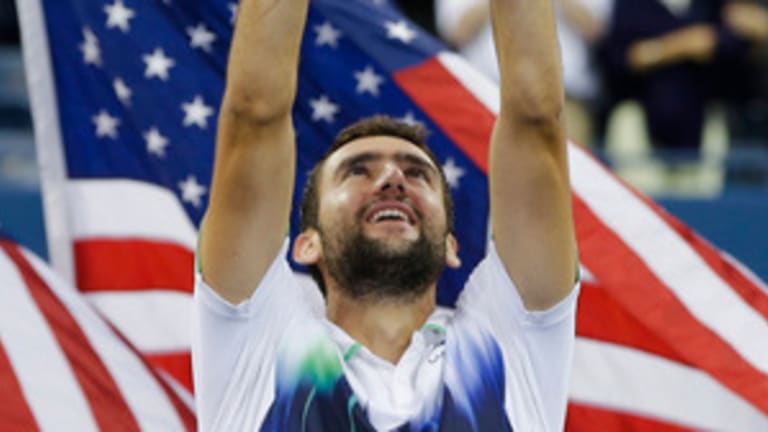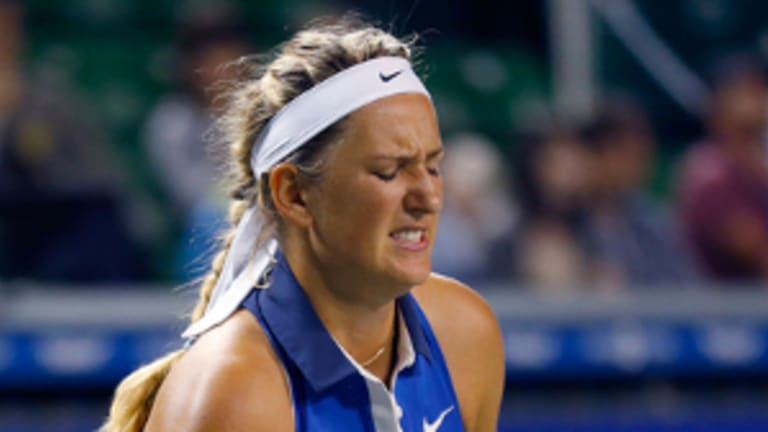Q: You’re talking about the physicality of your game and it improving. I’m wondering if that break at the end of last year and have to be home, was it an intense training block in a lot of ways to catch up, get faster, stronger, maybe a blessing is disguise?
Marin Cilic: Absolutely. Yeah, I had maybe seven or 10 days off in four, four-and-a-half months, and I was working all the time. That, you know, helped me to build up my strength and to also heal some of the injuries I had before with my knee. Now I’m feeling really good on the court. So I used that time, you know, the best I could. It’s paying off.”
This conversation between Cilic and a reporter occurred at the U.S. Open, a few minutes after the Croat's straight-set win over Roger Federer in the semifinals. On that day, and two days later in his final-round win over Kei Nishikori, we saw a completely new Marin Cilic. His serve went from middling to menacing. Rather than rallying passively from the baseline, which had been his M.O. for the entirety of his nine-year career, he had dictated. He was more imposing, and more confident when it counted, than he had ever been. In a matter of days, the 25-year-old had gone from early-round cannon fodder to Slam-winning cannon blaster.
Much of the credit for this transformation was given to Cilic’s coach, Goran Ivanisevic. Like the other so-called “super coaches” on the men’s tour—Ivan Lendl, Michael Chang, Boris Becker, Stefan Edberg—the 2001 Wimbledon winner managed to place his champion's brain inside his sometimes shaky student's head. But according to the Q&A above, Cilic's time away from the sport also played a big role. He said that, like most pros who are scrambling for money and points 11 months a year, he had never had time to “build my strength” and “heal some of the injuries" to that extent before.

